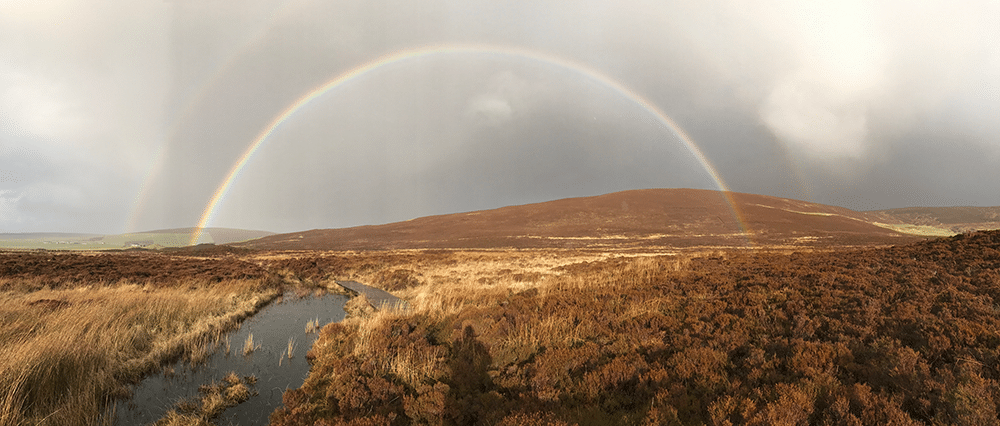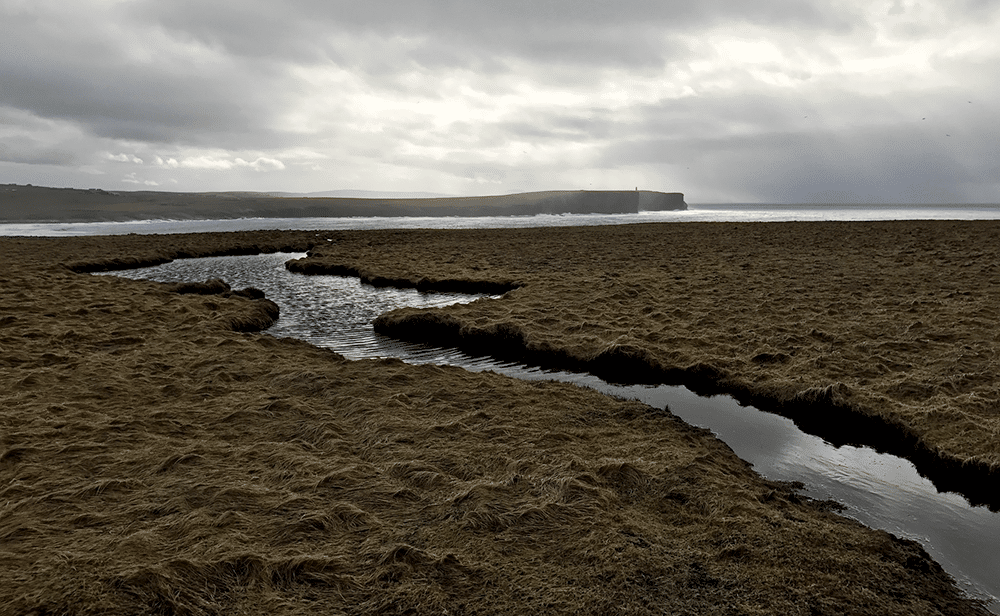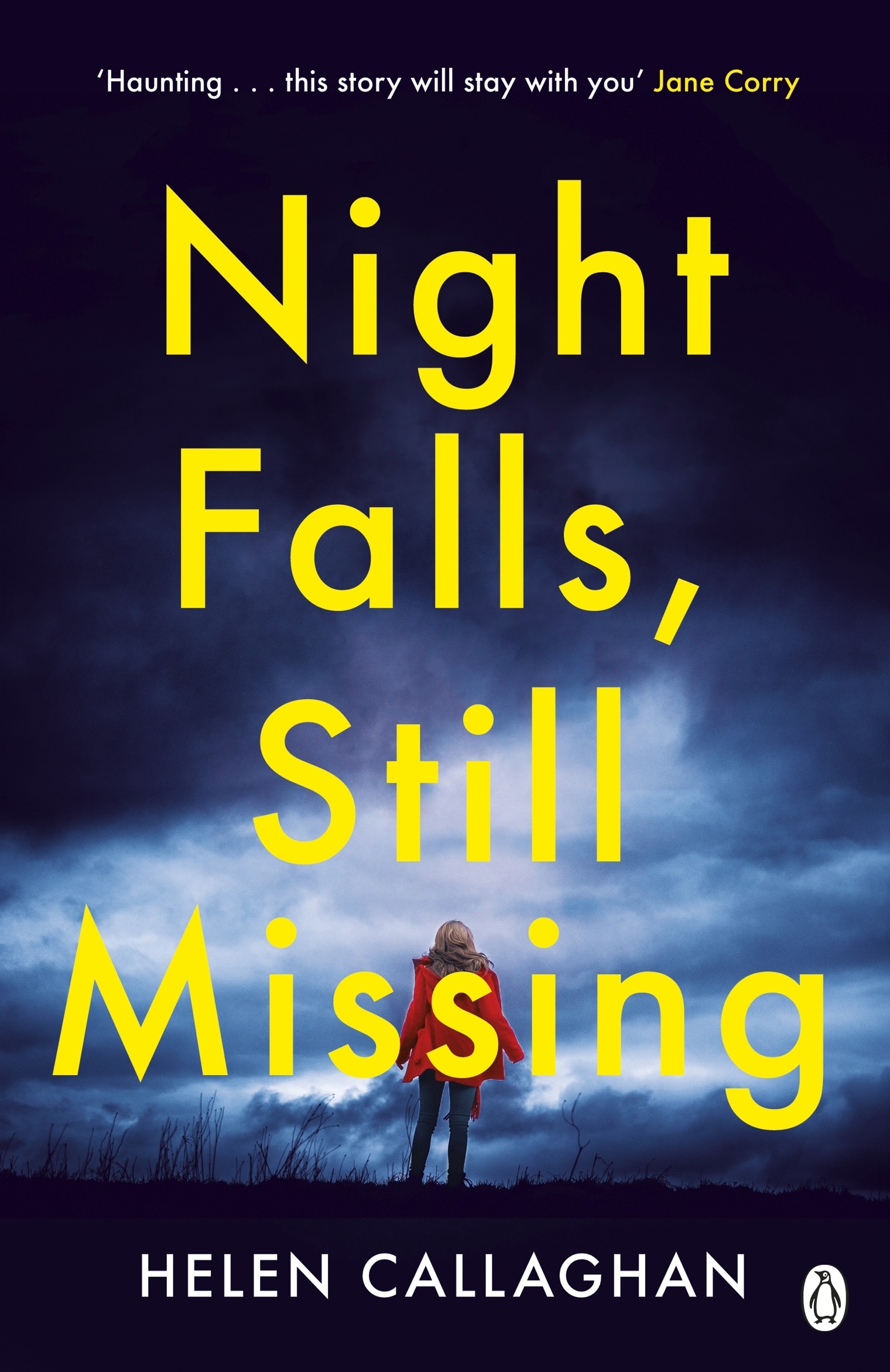Books
Blood debts and betrayals: why I set Night Falls, Still Missing on Orkney
It feels very strange, indeed almost perverse, to be writing about the need for solitude now, as lockdown breaks up and everyone has had a bellyful of being trapped indoors. God knows, I have.
But that was the thing that I always loved about Orkney in winter – the opportunity to be safely marooned.
In my new psychological thriller, Night Falls, Still Missing, Fiona Grey, archae-ologist and lecturer, is summoned up to the islands. Her best friend Madison is working on an exciting new dig on an uninhabited islet with a team of celebrity archaeologists. Madison desperately needs Fiona’s help, and won’t say why.
Yet when Fiona arrives, she finds Madison is missing – her things moved out of her cottage, her car gone.
I’d had the idea for the book years ago. I’ve been going to Orkney since 2013, on and off, for private writing retreats. It’s actually the perfect environment to write in.
All the days I spend there are the same and yet every one is different.
You have a short window of half a dozen hours to hike and breathe in the fresh air and stretch your muscles in the astonishing landscape with its red sandstone cliffs, vivid blue sea and enigmatic ancient monuments – weather permitting, of course – before the brief daylight is gone.
Then you come home to the cottage and long comfortable evenings to work in, inspired and energised by the peace and quiet, wandering outside the house every so often to look for the Northern Lights. I’ve never caught them yet. But I’m told they are often there.

The amazing landscape is steeped not only in beauty but also history – a common theme is Vikings luring their enemies to remote islands to treacherously murder them. This happened to St Magnus in 1117 (they named the cathedral after him!), amongst others.
These stories fascinated me, as remnants of the Norse heritage of Orkney is all around, in the place names, the even in the low cadence of the Orcadian accent, spoken by people all over the island, so it was easy to imagine that ancient history happening again, with only slight differences in the details.
The Vikings themselves were believers in blood feuds – if you killed someone, you either paid off their family in gold or the victim’s family and friends were then obligated to kill you to settle this blood debt.
This is the debt, I decided, that is settling upon Fiona Grey.
I thought it would be interesting to reimagine that idea of a blood debt, and what it would take to repay it, on rocky dramatic islands steeped in ancient blood. And yet at the same time I also wanted to explore a complicated friendship in a wholly modern way, set against the backdrop of archaeologists working on a spectacular boat burial.
The Vikings believed that friendship was one of the most important social bonds people shared. In the middle of this Covid-19 crisis, we’ve all learned that a good friend is worth their weight in gold. So, to write a book about how far some-one would go to save their friend seems very timely to me, and to set it amongst the clashing rocks and furious seas of Orkney in winter seemed the perfect place.




Please note: Moderation is enabled and may delay your comment being posted. There is no need to resubmit your comment. By posting a comment you are agreeing to the website Terms of Use.